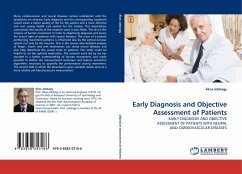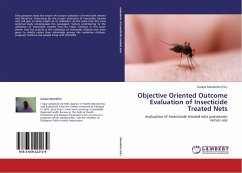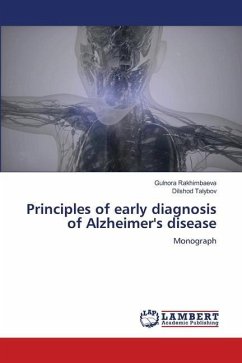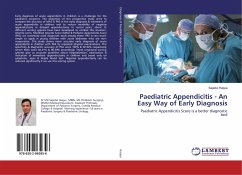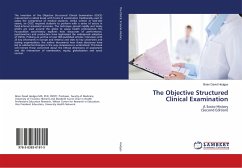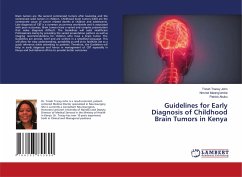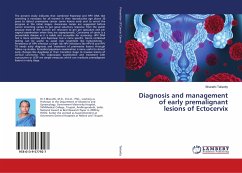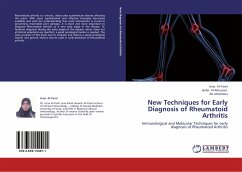Many cardiovascular and neural diseases remain undetected until the symptoms are stressed. Early diagnosis and the corresponding treatment would mean a better quality of life for the patient and a more effective and cost saving health care system for the society. This dissertation summarizes the results of the research work in two fields. The first is the analysis of human movement in order to objectively diagnose and assess the actual state of patients with neural diseases. The score of a patient performing movement patterns is influenced also by the central nervous system not only by the muscles. This is the reason why detailed analysis of finger-, hand- and arm movements can reveal neural diseases and also help determine the actual state of patients. This latter could be helpful to set the optimal medication. The research work led by me has resulted in a better understanding of human movements and made possible to define the measurement technique and feature extraction algorithms necessary to quantify the performance during movement. The second field in which the dissertation gives valuable results aims at a more reliable self blood pressure measurement.
Bitte wählen Sie Ihr Anliegen aus.
Rechnungen
Retourenschein anfordern
Bestellstatus
Storno

